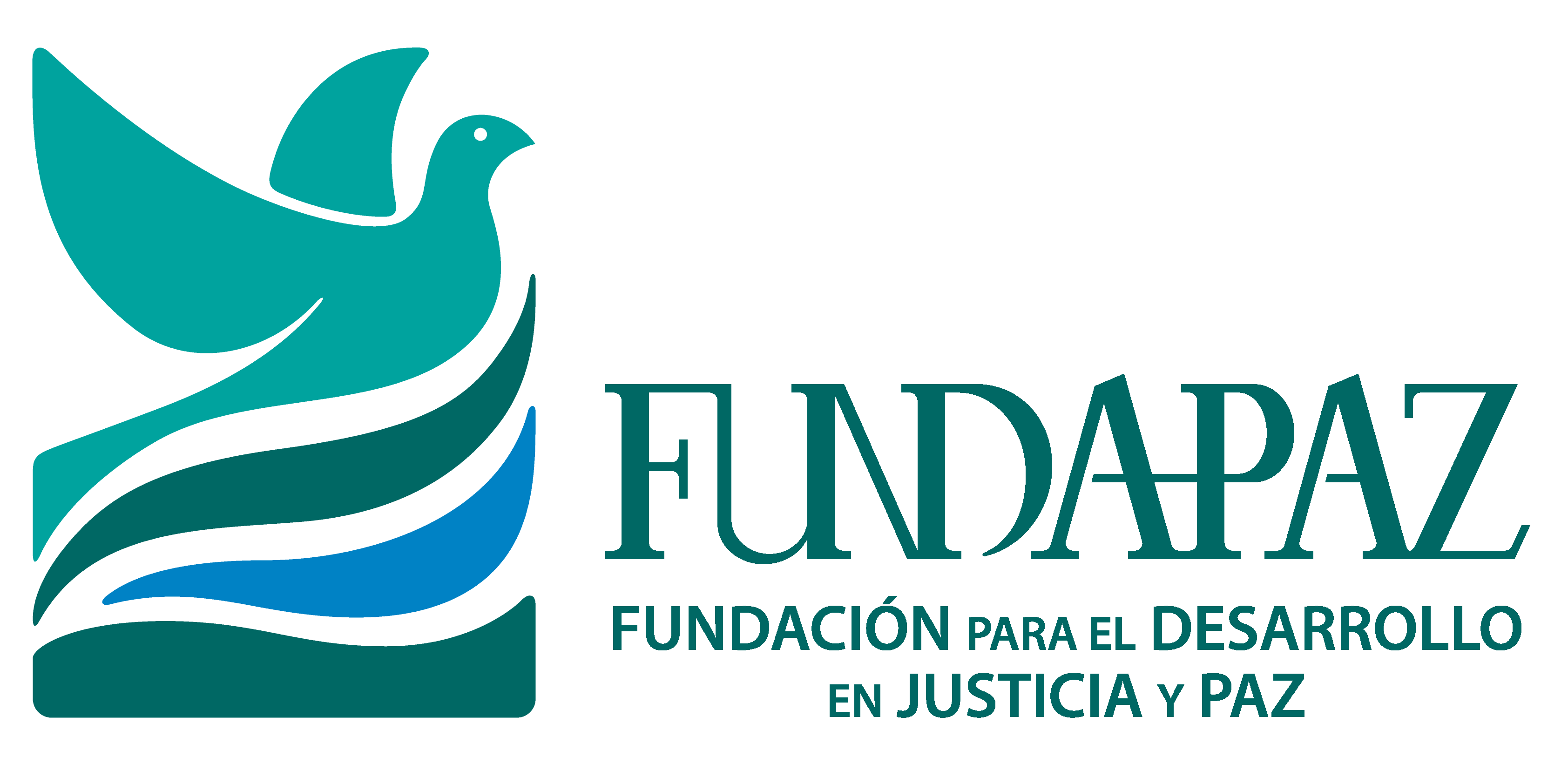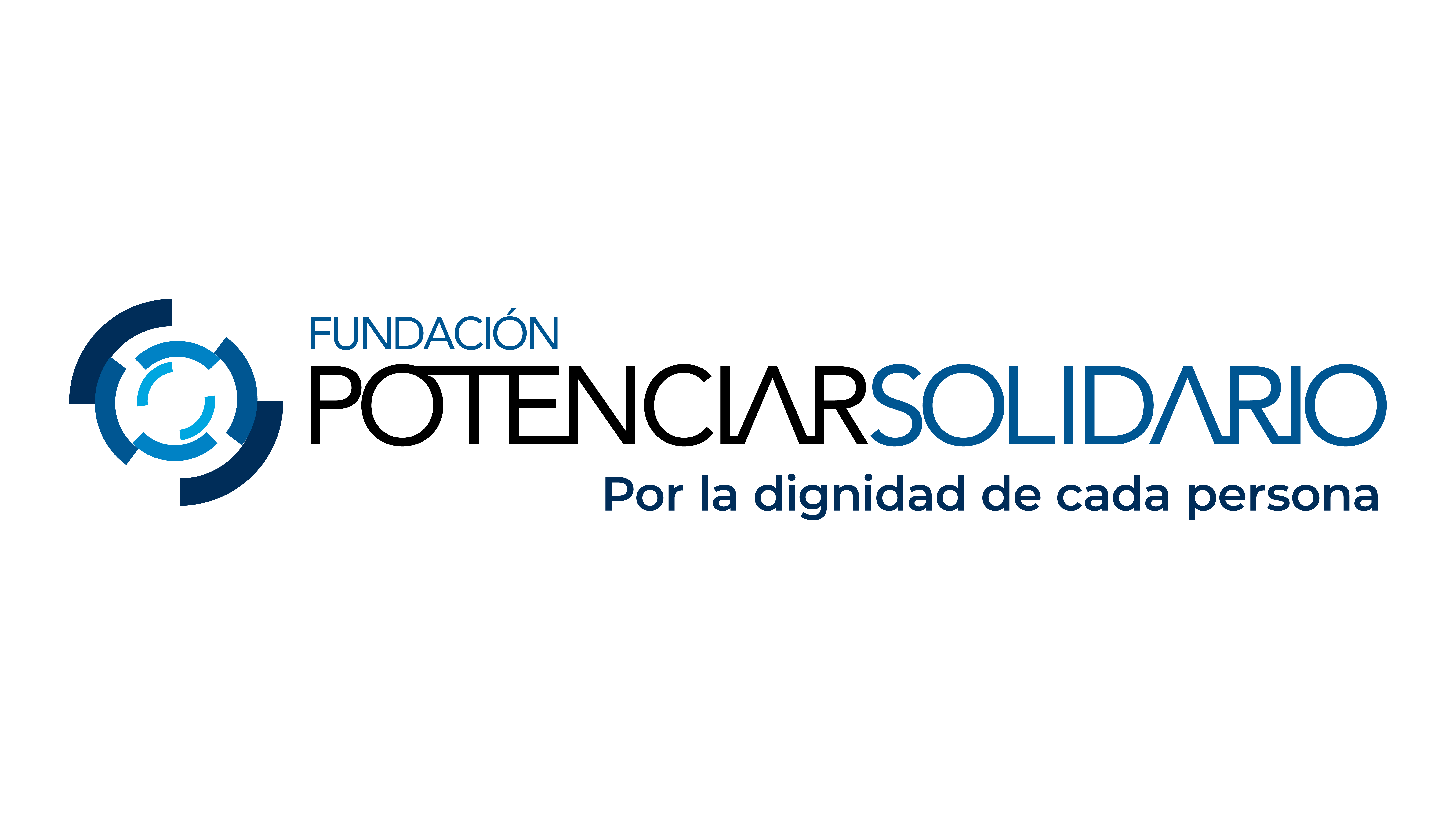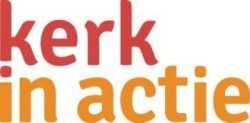By means of its technical and interdisciplinary teams the Foundation works with rural organizations and indigenuous communities providing services such as:
- Legal advice on the defence of personal rights and land tenure.
- Training for rural men, women and youngsters in order to boost their participation within the organizations, their self-management and leadership.
- Technical assistance to design and implement plans for the sustainable use of natural resources; to incorporate appropriate technology to improve production, transformation processes and marketing.
- Advice on institutional communication and on the design of communication materials.
- Training and education for leaders and members of the organizations.
- Training on productivity- and commerce-related topics.
Rural women from our homes take charge of raising our children, education and care of the family. Also of poultry, pig and orchard production; but we also participate in our grassroots organization. Without the support, accompaniment and technical and sometimes economic support of FUNDAPAZ it would not have been possible to improve the institutional functioning of our organization.
“I am 26 years old and I’ve always wanted to stay in Chaco. That’s the reason why I trained to help my people to be real producers. I am an Agriculture and Livestock Management technician, and I live in El Quebracho, in the department of Rivadavia, in the north of Salta. We are about 10 families in a criollo spot inside an indigenous territory. We devote ourselves to raising animals and beekeeping, and women have a vegetable garden. Our main problem has always been the lack of water. Luckily, a big cistern has been built in our hamlet and we have water for human consumption; we only lack water for agricultural production.”
In the Cuña Boscosa (Forest Wedge) of Santa Fe, we are working with a group of 25 women of our organization on a project focused on the use of renewable energies aimed at improving life in the homes, by introducing eco-friendly ranges and solar room and water heaters to use natural resources more efficiently. Not only do we try to take care of the environment, but we also work on issues related to healthcare and food.
In our meetings we exchange ideas and bring back to the present some forgotten ancestral knowledge that can help us improve our quality of life.
All the work carried out by FUNDAPAZ in the rural and indigenous communities, and the value given to sharing knowledge and experiences with other countries and various stakeholders, have placed the organization in a prominent position in the Latin American region regarding the defense and the promotion of the right to land and water. FUNDAPAZ leads the Latin American Semiarid Platform, which stretches across most semiarid areas in the region, combining advocacy strategies and regional and national political dialog with local employment, spreading sustainable and resilient techniques for food production, access to water and management of the natural resources of the territory. In ILC LAC we value this great ability to get involved in such diverse and multilevel processes, as well as their commitment and professionalism in the way they develop their work in favor of rural communities.
“Our organization comprises 30 wichí communities of San Martín department in Salta, and we are part of the Encuentro de Organizaciones Campesinas e Indígenas del Norte Argentino (ENCONA - Conference of the Rural and Indigenous Organizations of the North of Argentina). We work together to continue strengthening the organizations, to share information about what we are living and to try to have an impact on public policies. This space was promoted by FUNDAPAZ, and it has been one of the pillars of our organization because they’ve always helped us. We've never had enough funds of our own to hold meetings or assemblies.”
International Semear/ IICA Program has the privilege of working together with FUNDAPAZ since 2018, building a strong alliance for the strengthening of rural leaderships. In the last two years, resources and efforts have been invested in the construction of strategies for the young focused on agroecology and peer learning, involving diverse Latin American stakeholders.
FUNDAPAZ contributes with its experience in networking, in the respect for rural voices and communities; it also provides its sensitivity and special care for native peoples, sharing their knowledge with their partners. Its excellent vision and management skills are focused on productivity and results.
For us, this is a fruitful alliance which provides mutual growth and strengthening perspectives.
National and Regional Articulations
FUNDAPAZ belongs to different national and regional platforms and networks in order to articulate processes with political impact and actions towards the defense of rural and indigenous communities’ rights; to share knowledge and technologies to strengthen and improve work inside community-based organizations; to bring awareness of issues and create proposals that contribute to the design of public programs and policies which will improve life quality in the rural population of the Chaco region.
Programa Integrado Transfronterizo (Integrated Cross-Border Program)
It is a program in which the United Mission Board and FUNDAPAZ, from Argentina, together with CerDet, from Bolivia participate. It has the support of Church World Service (CWS) and seeks to promote the accompaniment of the youth of the Gran Chaco, giving rise to a space for the construction of significant knowledge so that the participating youths strengthen and incorporate local experiences and knowledge at all times. It is based on a participatory methodology with political and pedagogical foundations of popular education.

International Land Coalition
It is a global alliance created in 1995 and made up of 152 organizations which represent 56 countries which work for secure and equitable access to and control over land for rural population through advocacy, dialogue, knowledge sharing and capacity building. Its members share the vision that secure and equitable access to and control over land reduces poverty and contributes to identity, dignity and inclusion of the people, especially women.

CADASTA
The Cadasta Foundation is a non-profit organization based in Washington, DC, created in 2015 to meet the growing demand for documentation of the rights to land and resources of those who have been left out of official systems of land administration in the United States. emerging countries. It works to overcome constraints in land administration through easy-to-use digital tools and technology designed to make it easy for partners to document, analyze, store and share critical information on land rights and resources.

Plataforma Semiáridos de América Latina
Within the framework of the ILC International Land Coalition and its Regional Platform for Latin America (ILC ALC) the “Plataforma Semiáridos de America Latina” (Semiarid regions platform in Latin America) was created in 2014, aiming to attend the issues of the semiarid areas in terms of access to, use and management of the land, the territory and the natural resources by the indigenuous and famers’ communities. It is made up by organizations from the semiarid regions of the Trinational Chaco region and the northeast of Brazil.

Focal Point Latinamerica Landmatrix
It is a global initiative, which includes Cooperation Organisms and Development NGOs from Europe, Africa, Asia and Latin America, and whose objective is to provide information about important land transactions around the world, in order to analyse, research and raise awareness about the social, political and economic consequences of the processes of land concentration, the use of the soil and the changes in use connected to the big transactions, to promote transparency and responsibility in political decision makers and governments.

“Nuevos Surcos” Foundation
Created in 2013 by a group of NGOs who work on human promotion, with the idea of generating a regional system of Economic help in the north of Argentina which in turn generates socioeconomic proposals for an appropriate sustainable development of poor rural towns.

Encuentro de Entidades no Gubernamentales para el Desarrollo (Meeting of NGDOs)
It is a network made up of 31 Argentine ONGs, created in 1977, aiming at promoting the participation of popular sectors in the different areas of local and national power, as well as influencing in public policies and consolidating the identity of the NGDOs.

Let us know about your queries
Strategic lines of work
Read more about the strategic lines of work of the Foundation for Development in Justice and Peace
Work areas

By means of its technical and interdisciplinary teams the Foundation works with rural organizations and indigenous communities providing services such as: Legal advice on the defence of personal rights and land tenure. Training for rural men, women and youngsters in order to boost their participation within the organizations, their self-management and leadership. Technical assistance to …










